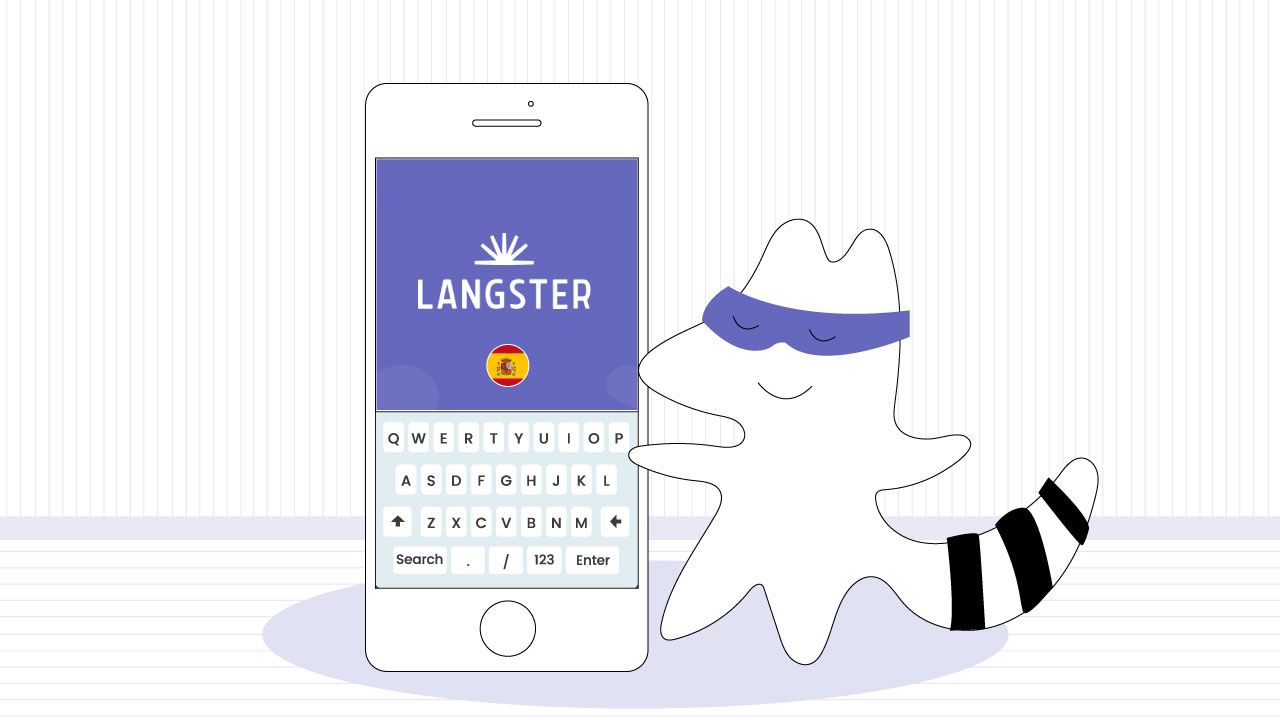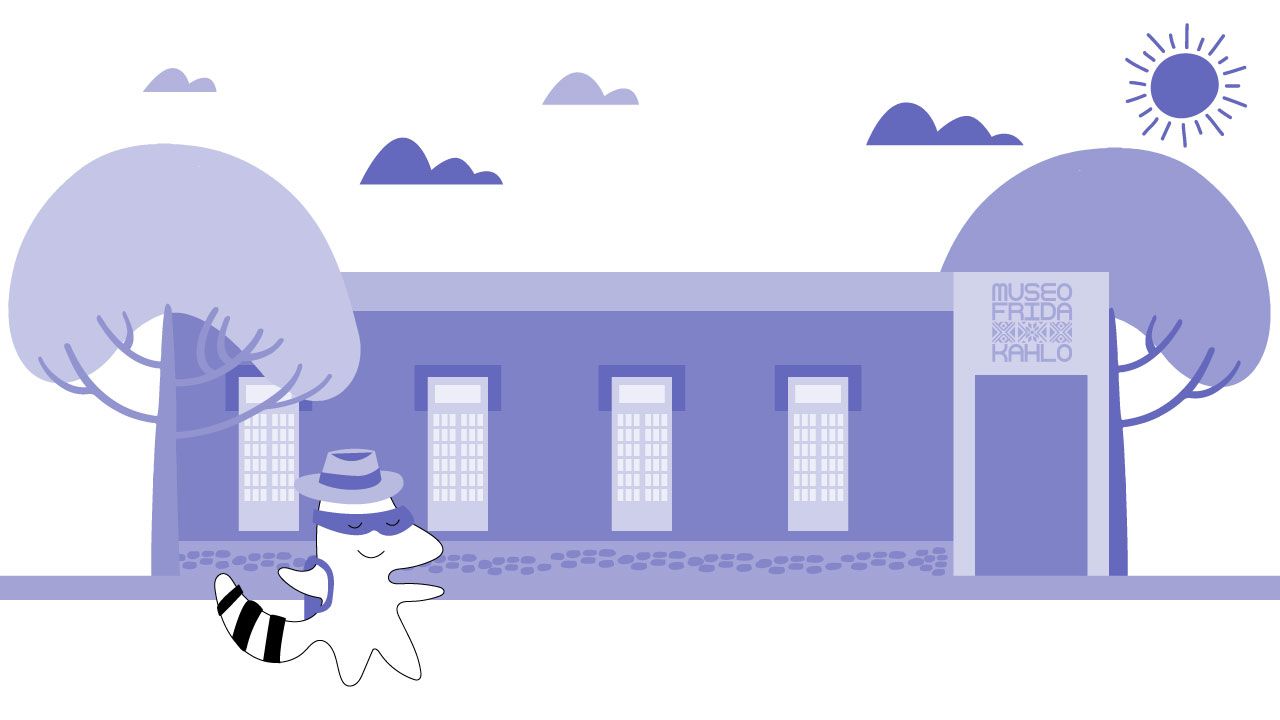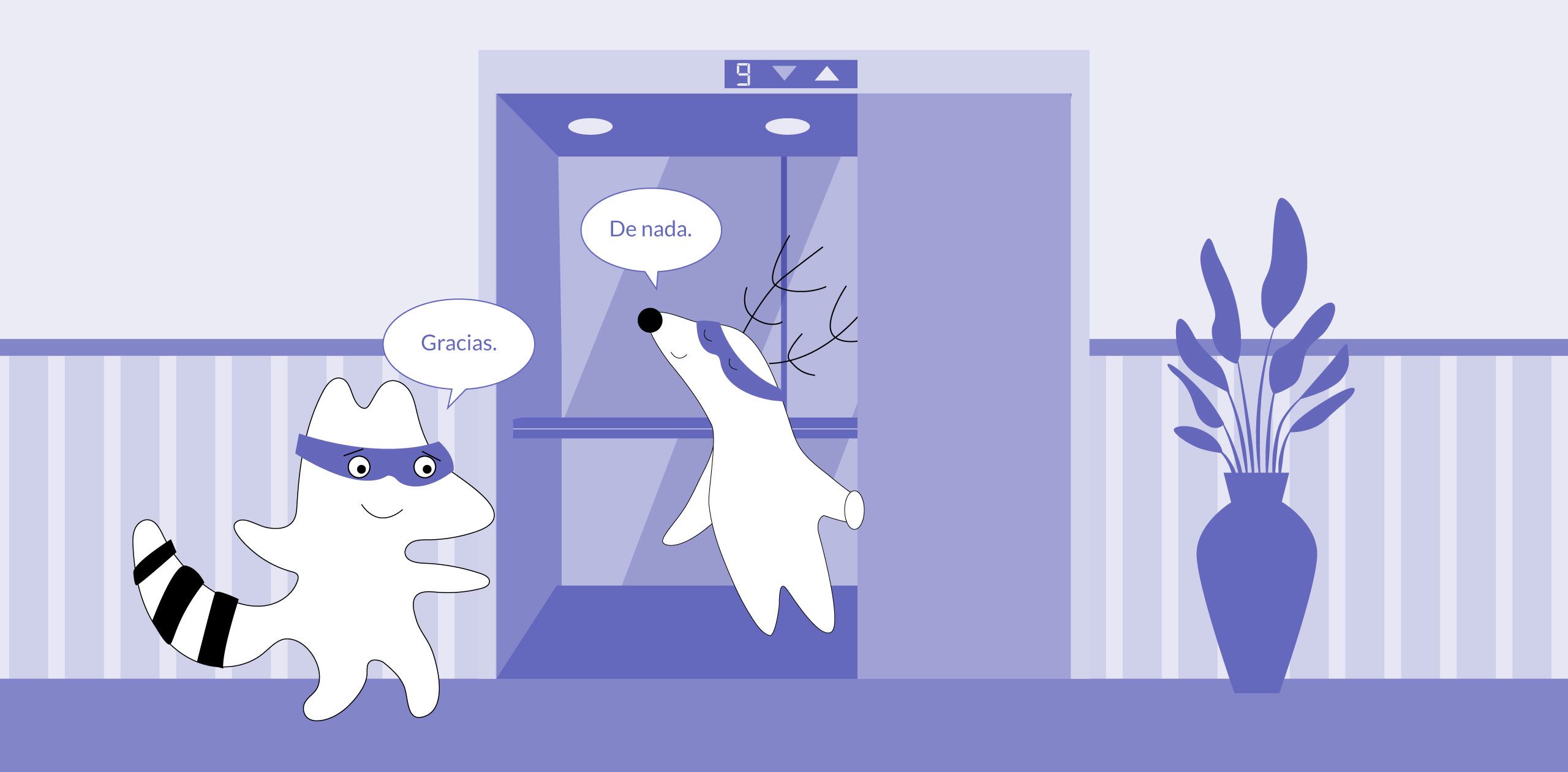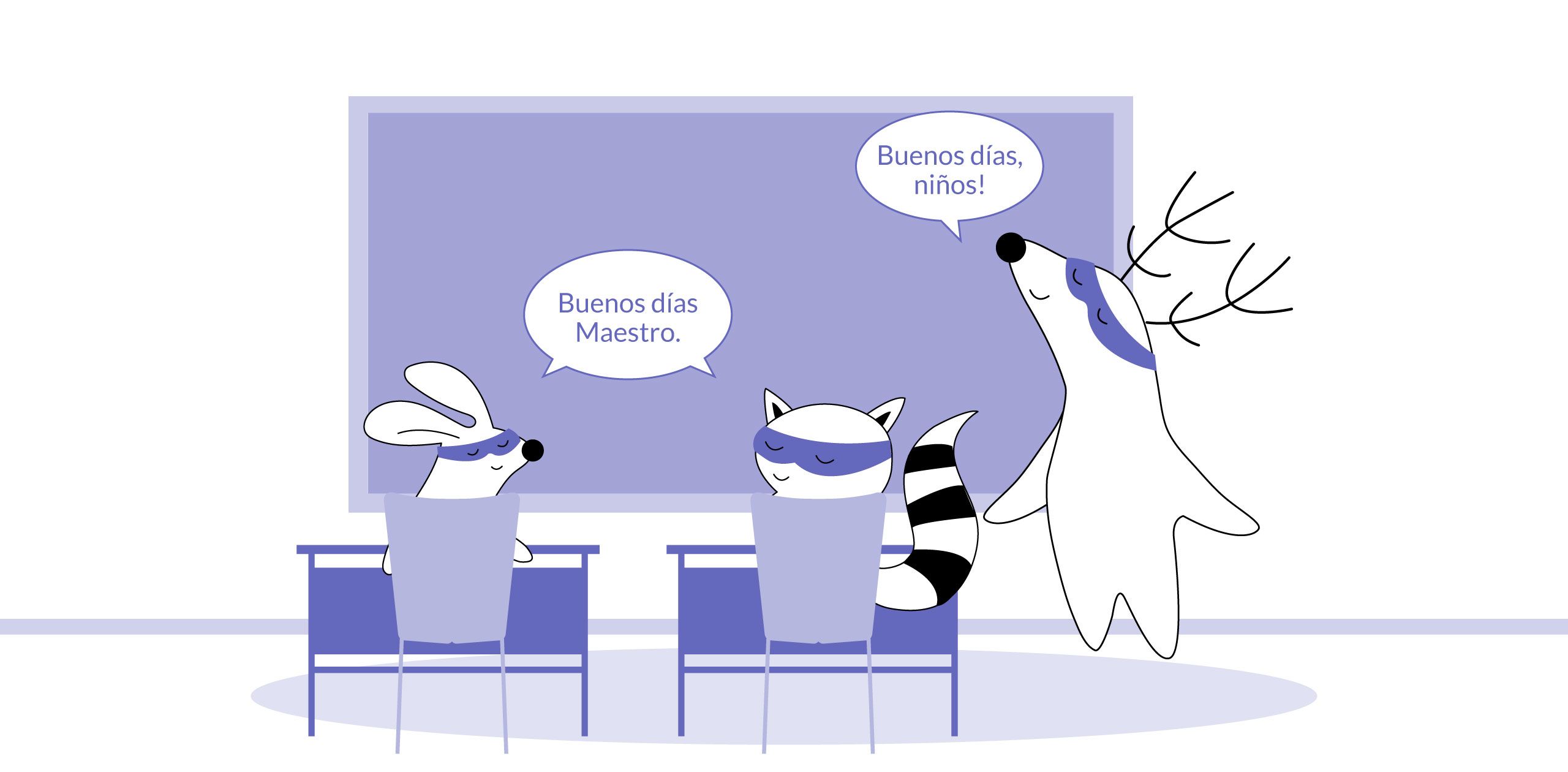
Anyone who wants to learn Spanish has their work cut out for them. It’s one of the most challenging languages to learn, and it takes a lot of practice and hard work to become proficient. But with enough effort, anyone can do it.
Whether you are a beginner or have some experience with the language, it never hurts to boost your skills. After all, being able to communicate in Spanish can open up many opportunities, both personally and professionally. For instance, you can move to a Spanish-speaking country for work or study abroad.
Just like any other skill, practice makes perfect! In this article, we will discuss seven tips that will help you improve your Spanish speaking and listening skills. Let's get started!
Learn the Basics
If you're starting from scratch, it's important to learn the basics of Spanish first. Your language learning journey should start with things like pronunciation, grammar, vocabulary, and learning common phrases. Once you have a strong foundation, you can start practicing your listening and speaking skills with native speakers.
Pronunciation
One of the most important things to do when learning a new language is to practice your pronunciation. If you can't pronounce words correctly, it will be difficult for others to understand you. There are a few practical ways to improve your pronunciation.
First, try to find resources that provide audio recordings of native speakers – for example, listen to Spanish podcasts. This will allow you to hear how words are supposed to be pronounced.
You can also try watching Spanish movies or TV shows with Spanish or English subtitles. As you listen to the dialog, pay close attention to the way the words are pronounced in real-life settings. Active listening is critical if you want to improve Spanish fluency, so don’t neglect it.
Another good method is reading aloud when learning a new vocabulary. Repeat them over and over until you feel confident that you're pronouncing them correctly. It may also help to practice with a native Spanish speaker or someone who is already proficient in the language.
Grammar
Grammar is another important aspect of language acquisition. If you want to be able to easily form sentences in Spanish, you need to understand how the grammar works. Luckily, there are a lot of online resources available to help you with this, including our Langster app that provides grammar explanations and audio from native speakers.
There are many textbooks and online courses that can teach you the basics of Spanish grammar. Once you have a good understanding of the rules, it's important to practice using them.
A great way to do this is to find a Spanish native speaker and have conversations in the language. It’s an excellent way to start speaking a foreign language as much as your native tongue, and this will also help you get used to using grammar in daily life.

Vocabulary
Of course, you can't have a conversation in any language if you don't know any of the words! So, one of the best things you can do to improve Spanish skills is to learn as much vocabulary as possible.
One great way to build your vocabulary is to use flashcards – yes, those flashcards teachers often use to teach new words to kids. You can make your own or find a pre-made set online.
Another option is to download a language learning app like Duolingo or Babbel. These apps have games and other activities that can help you learn new words in a more fun and interactive way.
In addition to learning single words, it's also important to know common phrases – these are the kinds of things you hear and say in everyday conversation. For example, some common Spanish phrases are ¿Cómo estás?, which means "How are you?", and Por favor, which means "Please."
Learning common phrases will help you sound more natural when you speak Spanish. It's also a good idea to learn how to greet people and introduce yourself, as these are essential skills for any conversation and will improve your Spanish fluency.
Set Small Goals
When learning a new language, it's important to set small goals for yourself. This will help you stay motivated and on track.
Start by setting a goal for how much time you want to spend practicing each day. Once you’re consistently practicing, set a goal for how many new words or phrases you want to learn each week.
As you reach your goals, you can gradually increase them and make them more specific. For example, after a few months of Spanish learning your goal can be to run a work presentation in Spanish.
It's also important to have realistic expectations when it comes to personal goal setting. Learning a foreign language is time-consuming and requires a lot of effort. Don't expect to become fluent overnight. Be patient with yourself and celebrate your small victories along the way.
Keep Good Notes
Whenever you make a mistake or learn something new, it's a good idea to write it down. This way, you can refer back to your notes later and review what you've learned.
You can also use your notes to keep track of new words and phrases that you’ve just learned. This can be a great way to build your vocabulary. Just make sure to review your notes regularly so that you don't forget.
As you review your notes, you'll be able to visualize your progress and see how far you've come in improving your Spanish speaking skills and how much you've learned. It’s also very helpful in evaluating and adjusting your language learning goals, which is essential for keeping yourself motivated and engaged in studying Spanish.

Find a Language Buddy
One of the best ways to improve your Spanish speaking skills is to find a language buddy. This is someone with whom you can practice with on a regular basis. They can help you with your pronunciation and give you feedback on your speaking.
It's important to find someone that you feel comfortable talking to. This way, you can practice without feeling self-conscious or shy. For instance, it can be one of your English-speaking friends who is also learning Spanish and is at a similar level as you. This way, you can help each other out and learn from each other.
If you don't know anyone who speaks Spanish, don’t hesitate to browse online language exchange programs that can connect you with a partner. You can also check out local meetups or Spanish clubs in your area.
Get Immersed in the Language
One of the quickest ways to improve your Spanish language skills is to completely immerse yourself in the language. This means surrounding yourself with Spanish as much as possible, both outside and inside of a classroom setting. Try to find opportunities to use Spanish in your everyday life.
For example, in addition to listening to Spanish music or podcasts and watching Spanish TV shows and movies, you can read Spanish books and articles.
There are also many websites that offer Spanish content and allow you to learn more about Spanish culture, such as SpanishDict, Homeschool Spanish Academy, Speaking Latino, and Spanish Language and Culture.
In addition to learning Spanish online, make sure to use any face-to-face opportunities to get immersed in the language. You can attend Spanish meetups or events, take a Spanish class, or even organize travel to a Spanish-speaking country – there are at least 20 of them in Latin America only for you to choose from.

Practice, Practice, Practice
Now that you know some tips for improving your basic Spanish skills, it's time to put them into practice! The more you use the language, the better you will become at it.
If you're just starting out, it's important to keep your practice sessions short. This way, you won't get overwhelmed and you'll be more likely to stick with it. As you become more comfortable with the language, you’ll be able to handle longer practice sessions.
As we’ve already mentioned above, one great way to practice Spanish is to find a conversation partner. This can be a friend, family member, a native speaker, or even other Spanish learners. If you don't know anyone who speaks Spanish, there are online language exchange programs that can connect you with a partner.
Another great option is to take a Spanish class. Whether you prefer working with a personal tutor or attending group lessons, this will give you the opportunity to practice speaking and listening in a structured setting. You can also find online courses or lessons that you can do at your own pace.
No matter how you choose to practice, the important thing is to stick to it. The more you use Spanish, the higher your chances to start speaking fluent Spanish. So, don't be afraid to make mistakes. Just keep speaking and soon, you'll be having conversations like a native speaker!
Make Mistakes
Making mistakes is one of the best ways to learn a new language. When you make a mistake, it's an opportunity to learn and improve your Spanish speaking skills. So, don't be afraid to make them!
Of course, it's not always easy to make mistakes. Sometimes, it can feel embarrassing or frustrating. But remember, even native-speaking children make mistakes when they're learning a language. The important thing is to keep practicing and trying your best.
And while it might sound counterintuitive, making mistakes can actually help you overcome a language barrier faster than if you had kept all your efforts to start speaking Spanish to yourself. You just need a conversation partner who will politely point out your mistakes and nail down how to avoid them in the future.
The Bottom Line

If you're looking to improve your Spanish language skills, there are lots of ways to do it. You can find a language buddy or get immersed in the language by surrounding yourself with Spanish content. You can also practice every day by using different methods, such as audio lessons, articles, and conversations.
Lastly, set small goals for yourself so that you can track your progress and stay motivated. With these tips, you'll be on your way to becoming a Spanish language expert in no time! ¡Buena suerte!









